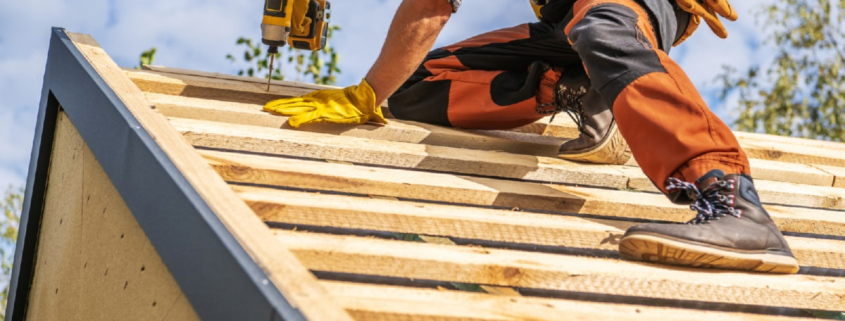The Future of Sustainable Construction 6228
The construction industry, one of the oldest sectors in the world, is currently undergoing a massive transformation, thanks to a slew of innovative trends and technologies. From sustainable building materials to digital tools, modern construction is all about innovation and efficiency.
The first trend that is making waves in the construction sector is the use of Building Information Modeling (BIM). BIM is a powerful tool that enables construction professionals to create and manage digital representations of a construction project’s physical and functional characteristics. This tool provides a comprehensive visual of the project, which helps in better decision-making and problem-solving. It’s like having a 3D blueprint of the project, which can be manipulated and updated in real-time.
Secondly, sustainable construction has become a significant trend in the industry. In an era of heightened environmental awareness, the construction industry is under pressure to reduce its carbon footprint and waste. This has led to the adoption of sustainable materials like recycled steel, low-VOC paints, and solar panels. Moreover, many construction firms are pursuing LEED certification, a globally recognized symbol of sustainability achievement.
A third trend transforming the construction industry is the use of advanced technology. For instance, drones are being used for site surveys, providing accurate data faster and safer than traditional methods. Similarly, 3D printing is being used to create building components off-site, reducing waste and speeding up the construction process. Furthermore, virtual and augmented reality technologies are being used for training and to visualise construction projects in a detailed and immersive way.
Lastly, modular construction and prefabrication are gaining popularity in the construction industry. These methods involve assembling sections of a building off-site and then transporting them to the construction site for installation. This approach not only speeds up the construction process but also reduces waste and improves quality.
In conclusion, the future of construction looks bright, with a host of innovations poised to revolutionize the industry. The construction industry is on the cusp of a new era, driven by digital tools, sustainable practices, and cutting-edge technology. As these trends continue to shape the industry, we can expect a built environment that is not only more efficient and sustainable but also more responsive to the needs and aspirations of its inhabitants.
For more details, check best Flat Roofing Services Kildare or visit their Flat Roofing business page here.




Leave a Reply
Want to join the discussion?Feel free to contribute!